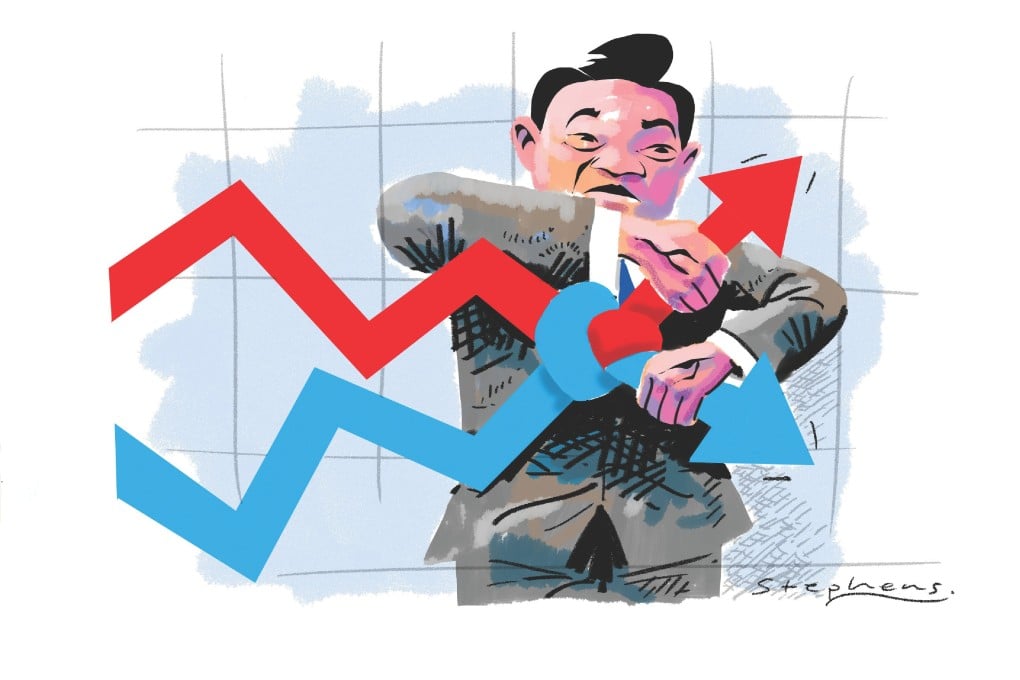How Beijing will control soaring stocks
Stephen Wong says Beijing must continue the difficult job of balancing reform of the mainland stock market and implementing measures to control its rapid rise, which will lead to increased volatility in Hong Kong share prices

The Hong Kong stock market has garnered a lot of attention of late amid increased volatility and a huge rise in transaction volumes. Even the financial secretary commented on the market, saying in his blog that he was delighted to see the rebroadcasting of the TV drama during this volatile period.
There has been talk about whether the mainland government is behind the rise of the A-share market to create a wealth effect and support the slowing economy, and whether it has also been encouraging money flows into Hong Kong to facilitate a similar rise in the Hong Kong stock market.
Beijing clearly prefers the stock market to the property market as a store of wealth for its citizens, as money channelled into the stock market will, in theory at least, end up in companies for productive uses that will eventually benefit the overall economy.
This strategy also aligns with Beijing's goal of relying less on fixed capital investment and more on increased consumption for growth. This is done not just by creating the wealth effect from a rising stock market, but also by rising wages from more competitive companies with market-based financing.
Therefore, reforms have been carried out in the stock market to encourage more company listings and to make it easier to raise capital, as the market capitalisation to gross domestic product ratio is still relatively low in China.
The A-share market has been lagging behind overall GDP growth over the past 10 years, and the catching up of market valuations was reasonable, especially in the low-inflation environment with multiple rate reductions expected in the future. However, the A-share market has priced in a lot of the future reforms and other favorable environments and clearly has become relatively pricey.
At the same time, the improved version of the Shanghai-Hong Kong Stock Connect scheme, which allows individual and institutional investors in Shanghai to buy shares traded on the Hong Kong market and vice versa, will see more mainland investors (in the future) take advantage of the ever-increasing pricing gap between the A-share and H-share markets.
